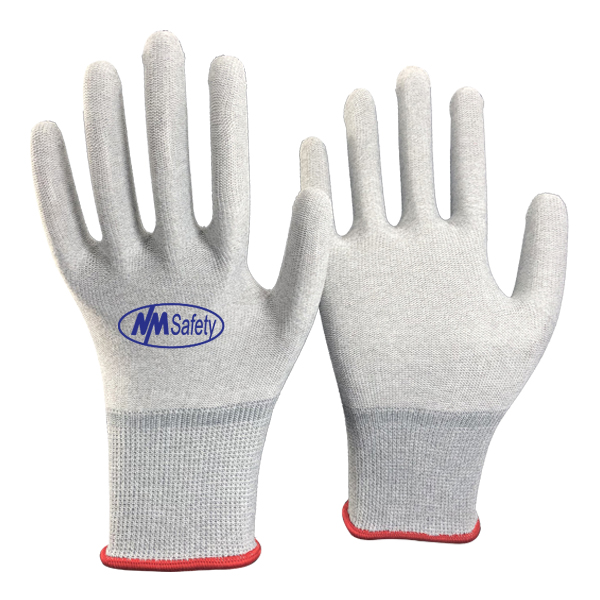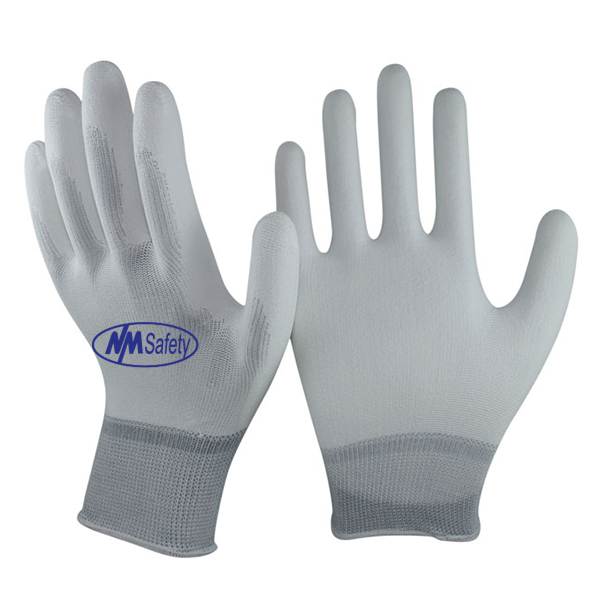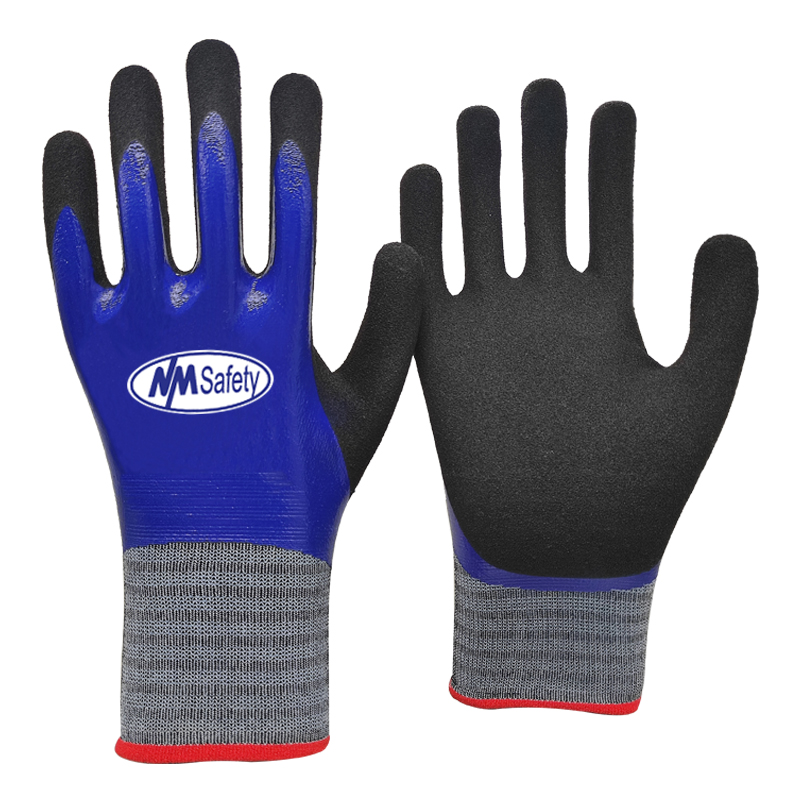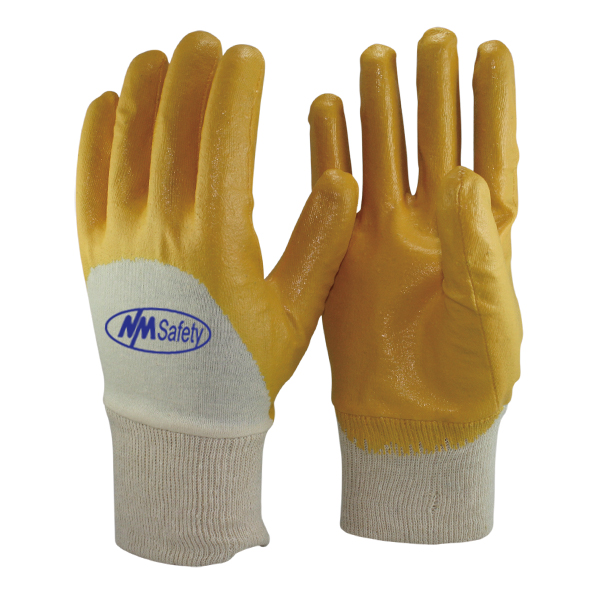Glove:
A glove is a piece of clothing that is worn to cover hands. All fingers and the thumb have their cutouts or space in gloves. Gloves guard and soothe hands from coldness and warmth, irritation, roughness, pesticides, and illness. They provide a barrier between what a bare hand can and cannot touch. For medical procedures and assessments, gloves help protect the user and the patient against the transmission of pathogens or diseases. Using suitable safety gloves keeps your hands and sensitive skin protected from dangerous chemical products. Gloves significantly minimize the possibility of damage or disorder.
Types of gloves:
Gloves are a fundamental requirement for everyone in the workplace to avoid hazards. Gloves are also a protective shield that allows for handling hazardous substances.
Some types of gloves are here:
Fabric and cotton gloves:
Fabric gloves offer only a thin protective barrier against punctures, sharp objects, flammable objects, and excessive heat. They are successful at keeping hands clean and preventing minor scratches and skin irritation.
Coated Fabric Gloves:
Coated fabric gloves provide some chemical stability. They are not a replacement for a specialized chemical glove. This type of glove is popular because they are less stretchy in cooler working temperatures.
Aluminized gloves:
Aluminized gloves are ideal for welders, boiler, and manufacturing work. Aluminized gloves provide good services in laboratories with high-temperature ovens.
Chemical resistant gloves:
Chemical absorption through the skin can cause severe short- and long-term health implications. When dealing with chemicals, butyl rubber gloves are the most acceptable option. They don't soak substances because of rubber.
We will explain the polyester smooth nitrile coated gloves in detail:
Polyester smooth nitrile coated gloves:
Nitrile-coated polyester gloves are multifunctional gloves that help in handling and manufacturing. They provide services in tough jobs such as construction, climbing, and garbage factories. Nitrile is an artificial rubber. They are safe to use because they do not induce latex allergic symptoms. Polyester nitrile coated gloves are commonly used in labs and health centers to protect against the following:
- Biohazards \Oils
- Alcohols
- Grease \chemicals
When the proper size is worn, these gloves are form-fitting, allowing for increased flexibility when manipulating small items and performing values and standards. For long-term safety, nitrile gloves used for defensive reasons must satisfy several requirements. These requirements are here:
- Puncture endurance and long-term use
- Resistant to chemicals
- Flexibility and ease
- Vulnerability to touch
- Amount of chance of having a Type 1 allergic response
- Affordable price.
Benefits of polyester smooth nitrile coated gloves:
Polyester smooth nitrile coated gloves provide you with the best services because they have a lot of advantages like:
Durability and pathogen protection:
Nitrile-coated gloves are not as elastic as organic rubber. Nitrile gloves do not provide as much flexibility as rubber gloves. Nitrile flex gloves are more puncture resistance than rubber. It allows you to use the gloves for extended periods if needed. These qualities also protect your skin from blood disorders, making it a fantastic choice for medical and healthcare contexts.
Comfort and allergenic properties:
Nitrile flex gloves are comfortable for an extended time, even if you have a latex allergy. Particular people may have severe allergies to nitrile gloves in exceptional cases. The most prevalent symptom is allergic dermatitis produced by allergens like glove powder. These signs are less hazardous than those associated with a regular latex allergy. You can avoid them by selecting powder-free nitrile gloves.
Different cuff lengths for specific applications:
These gloves are also called nitrile grip gloves. They provide the best grip to handle things. Nitrile gloves come in a type of ankle-length to suit plenty of functions. Regular short-cuff gloves are ideal for most tasks and everyday use. Long-cuffed and nitrile grip gloves give infection coverage from the fingertips to the wrists for long-term medical implants.
Multiple colors for color-coding tasks:
Blue is the most common color for polyester nitrile-coated gloves. But, they are also accessible in navy blue, white, black, orange, purple, and other shades. The color of nitrile grip gloves does not affect their performance and is merely decorative. Many businesses color-code their gloves, designating one shade for each function. A doctor might use blue for general cases, purple for specific operations, and black for non-healthcare activities.
Guidelines to select the perfect gloves:
To select the right kind of safety gloves, follow these instructions.
- Determine the risks associated with the material you'll be dealing with.
- Determine whether you'll be in deal with the dangerous materials for a short period or an extended period.
- Dispose of worn and broken gloves based on whether they are infected with unsafe materials.
- As quickly as symptoms of deterioration occur, change the gloves.
- After removing, clean and air dry in the lab.
- When a substance leaks or falls on gloves, discard them quickly and replace existing ones.
- Disposable gloves should never be washed or recycled.
- Before contacting ordinary objects like door handles, telephones, or elevators, always take off your glove.
- Gloves should be a good fit for the person using them. Gloves that are too tight might cause hands to become exhausted and lose their power.
- Keep in mind that the data provided by the manufacturers are for pure substances only, not combinations. The characteristics of substances can alter when they are mixed.
Conclusion:
In the workplace, our hands are two of the most essential and extensively used tools. In order to secure these tools from on-the-job risks, correct glove quality is directly related. You may know all about polyester smooth nitrile-coated gloves. They provide you with the best services and comfort. There are so many brands that sell many types of gloves. It is your choice to select the best one but we suggest NM safety. They have a wide range of gloves on their website.






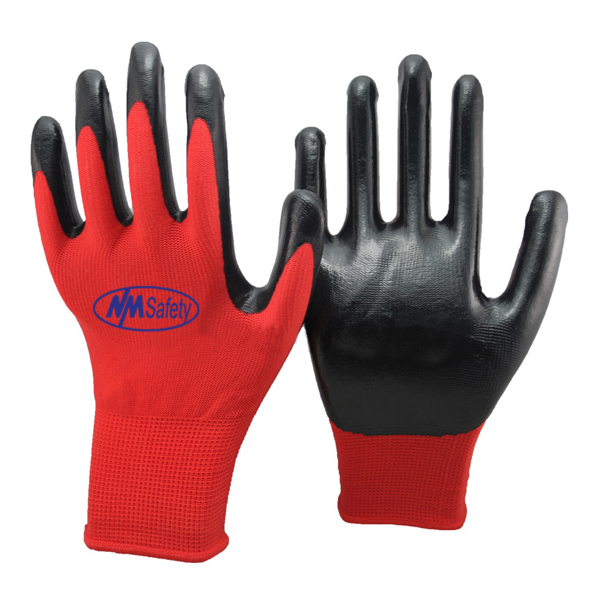
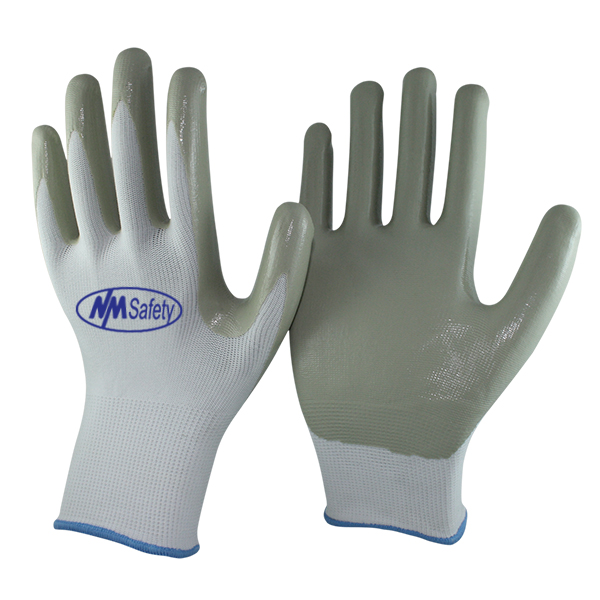
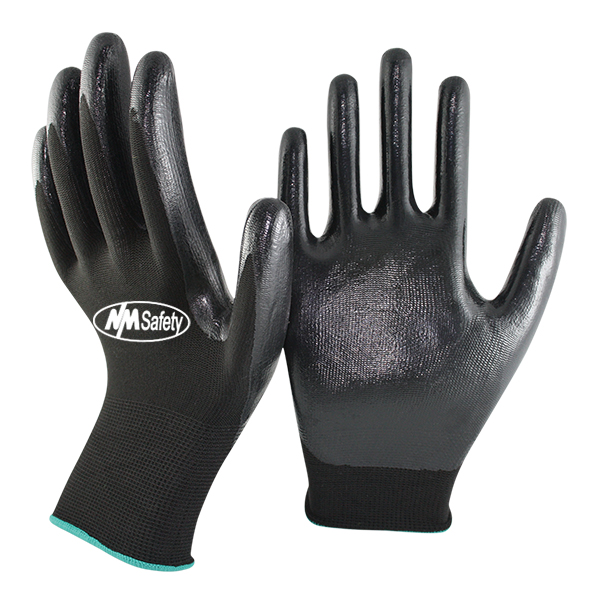
![grey-polyester-black-smooth-nitrile-palm-coated-glove[NY1350]](https://www.nmsafety.com/wp-content/uploads/2024/09/grey-nylon-black-smooth-nitrile-palm-coated-glove.jpg)
